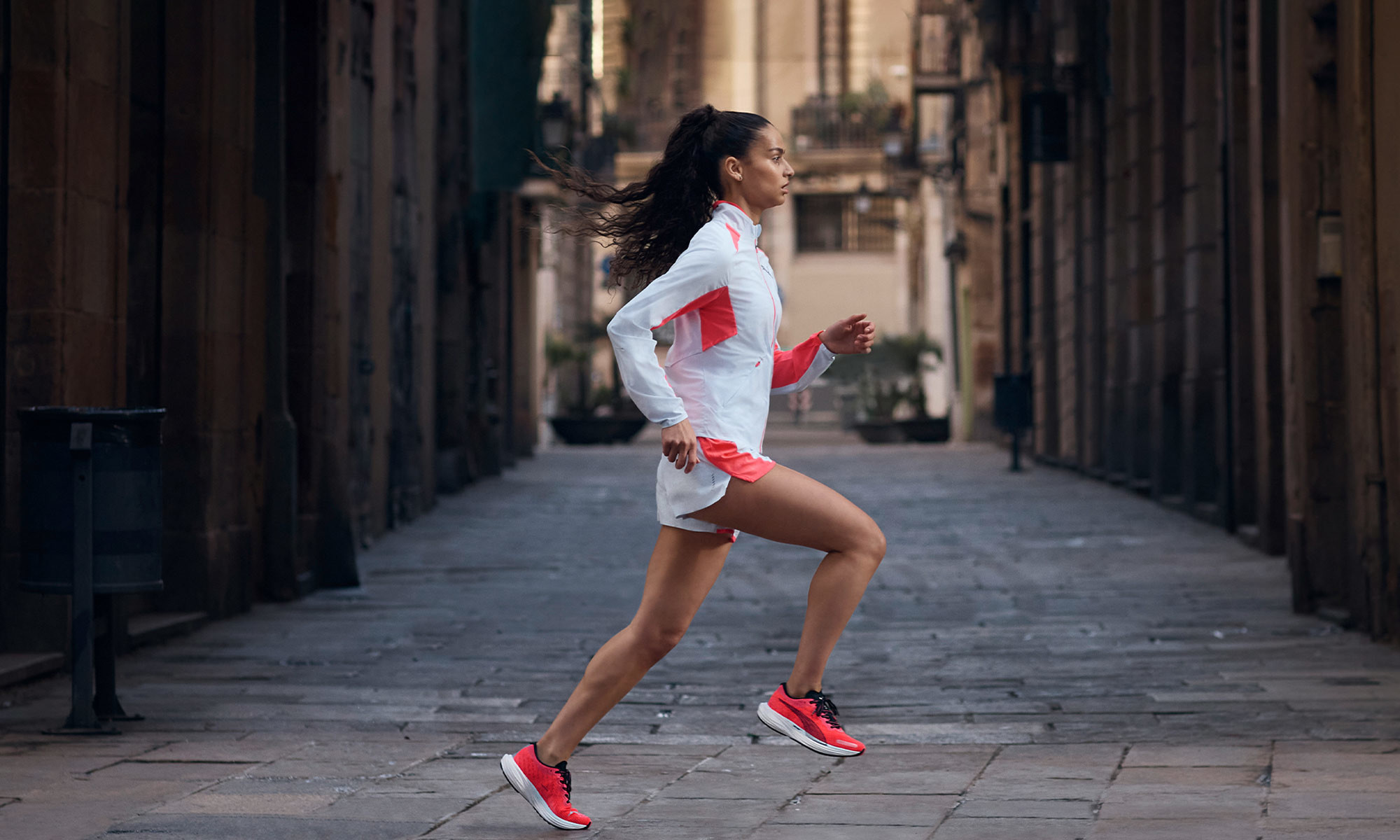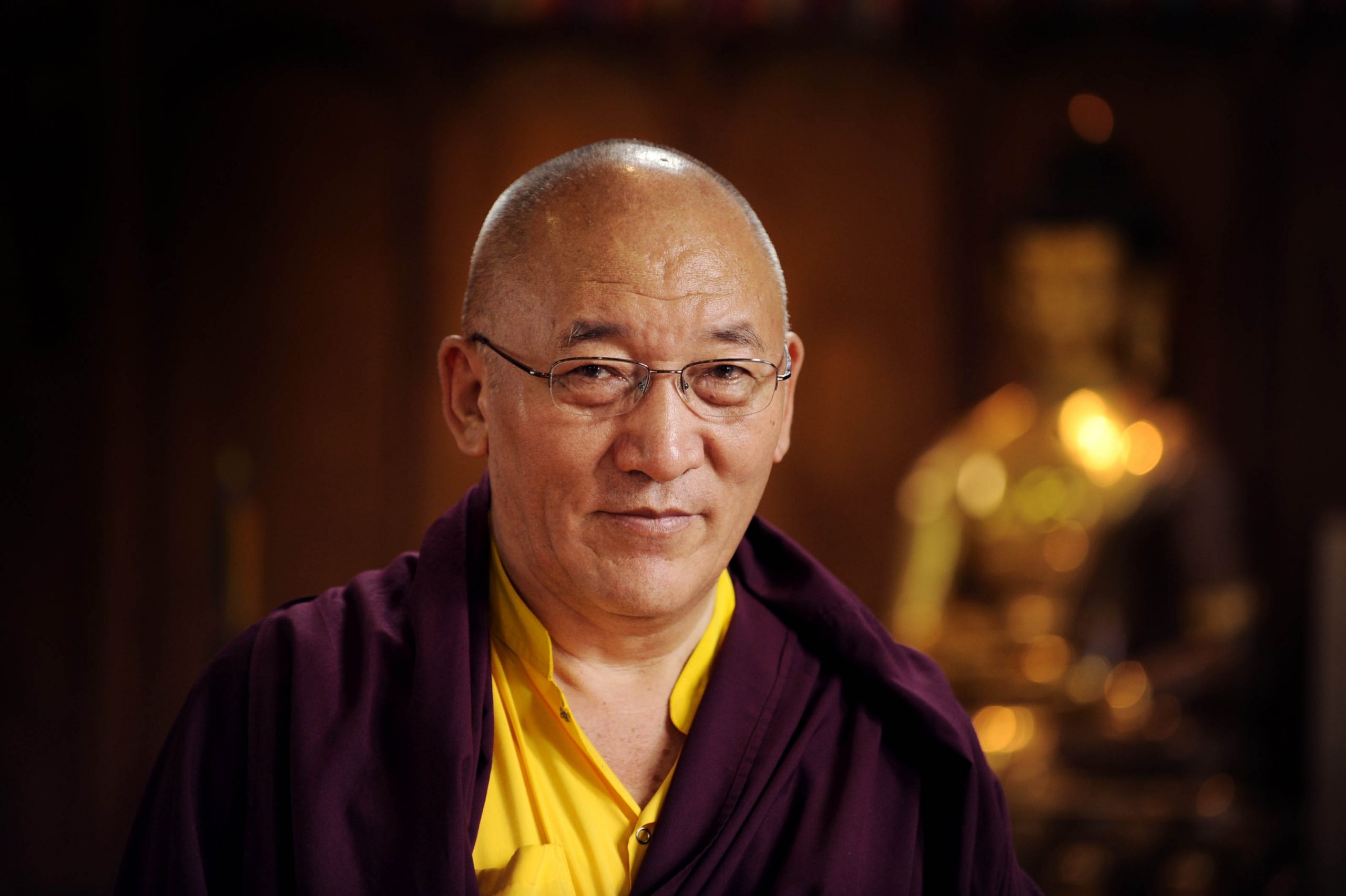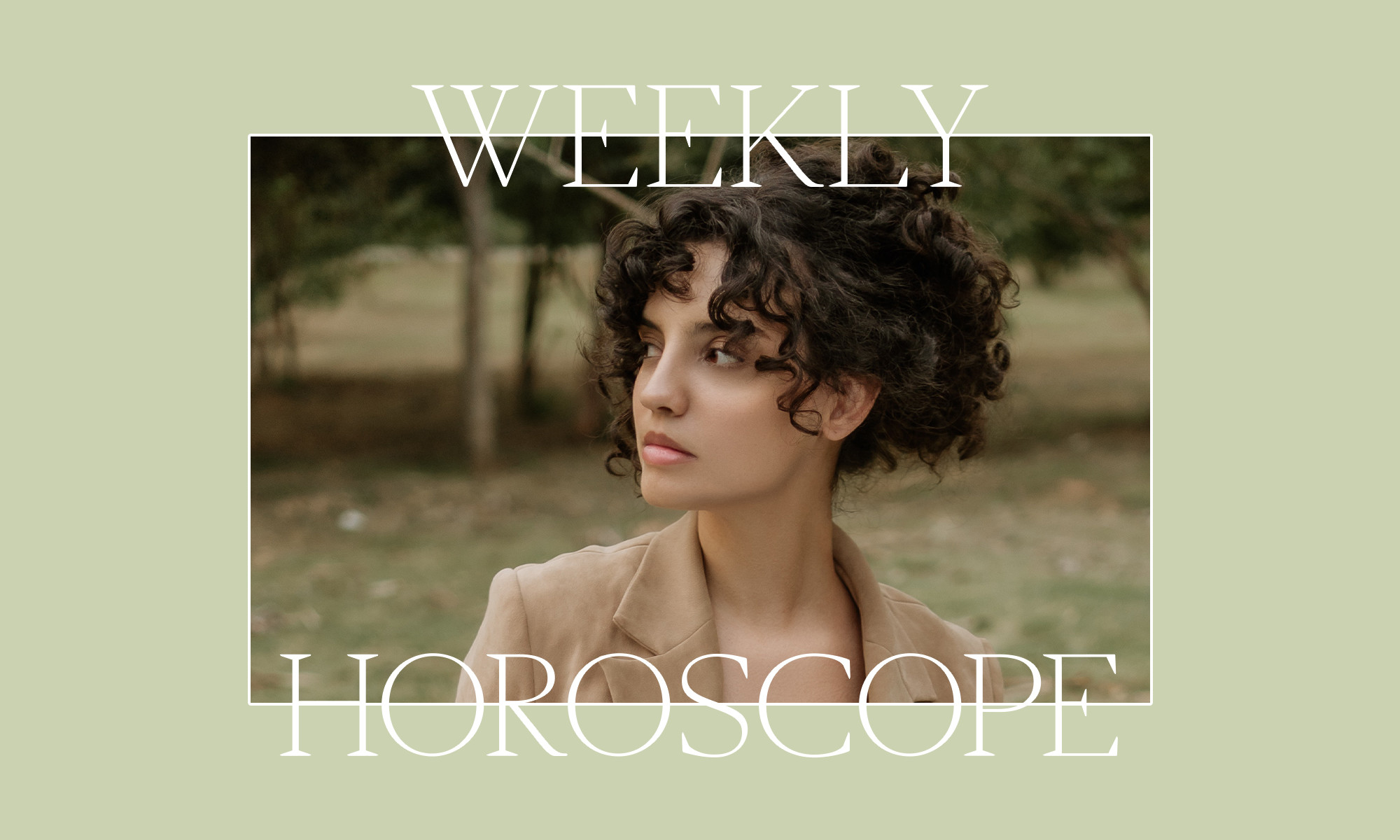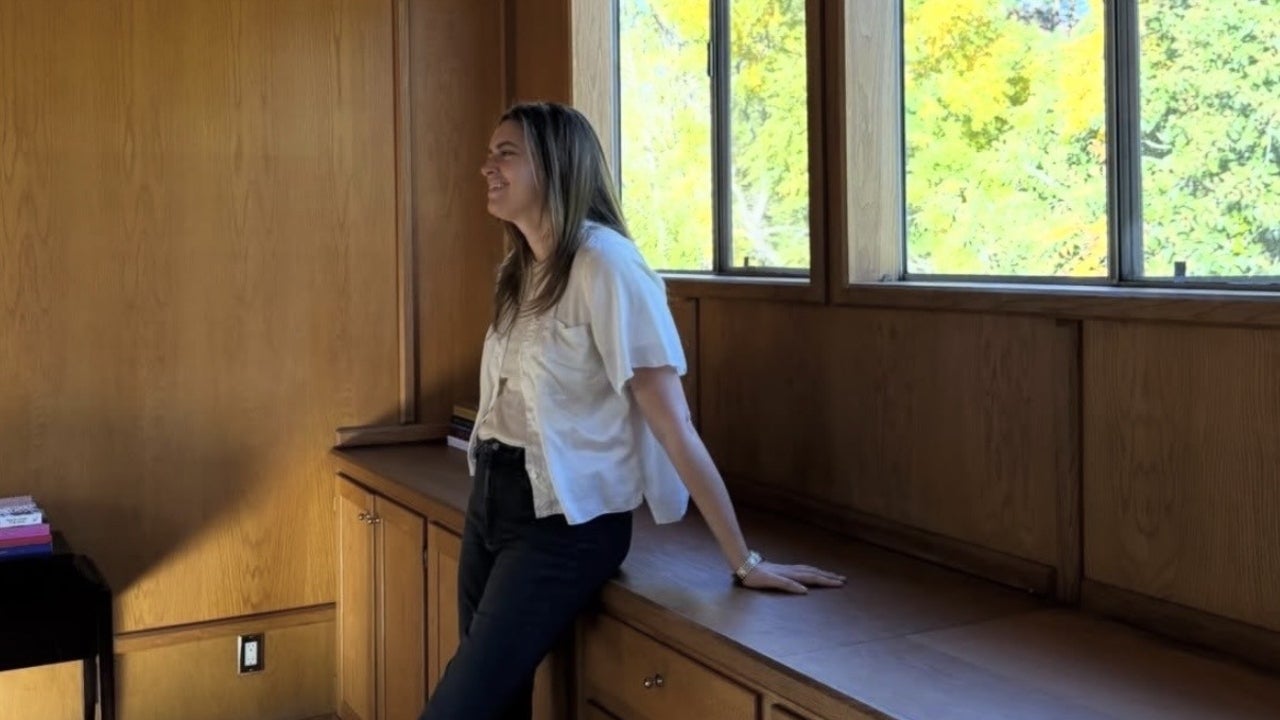Skipping This In Your Diet? It Could Be Why You Keep Getting Hurt
It's time to eat like the athlete you are

Advertisement
This ad is displayed using third party content and we do not control its accessibility features.
Advertisement
This ad is displayed using third party content and we do not control its accessibility features.

Senior Beauty & Lifestyle Director
Senior Beauty & Lifestyle Director
Alexandra Engler is the senior beauty and lifestyle director at mindbodygreen and host of the beauty podcast Clean Beauty School. Previously, she's held beauty roles at Harper's Bazaar, Marie Claire, SELF, and Cosmopolitan; her byline has appeared in Esquire, Sports Illustrated, and Allure.com.
July 09, 2025 This article is from our longevity-focused newsletter, the long game, where we help you stay up to date on the latest research in the health space, with actionable, low-lift recommendations to put those learnings into practice. For access to our latest editions as soon as they drop, you can subscribe right here. In today’s send, I’ve rounded up some of our best reported features on red light therapy, specifically focusing on the benefits for skin. They’re worth perusing so you can understand what exactly the technology can do for skin and full body health. I am personally a fan, and use my red light mask a few times a week. I’ve found it helps keep my rosacea-prone skin less inflamed, and I feel confident it’s helping me be proactive against fine lines and sagging. ---------------------------------------------------------------- Women have long been encouraged to quite literally run on empty: Cut calories and increase cardio was the de facto advice for decades. A new systematic review of nearly 6K runners found that this method is likely leading to injury. This serves as a great reminder that as your physical exertion increases, so do your nutrition needs. It could help keep you injury-free and mobile as you train for that marathon or join a new run club. +Eat like an athlete: Apparently, previous research has suggested that curiosity declines with age. This notion didn’t sit right with a team of psychologists, who decided to challenge this idea—and they found that certain types of curiosity actually increase with age. Not only that, but they can offer protective benefits. Here’s the breakdown of the study, in case you’re curious*:* So the lesson here is a pretty fun one: As you get older, give yourself permission to try out new hobbies and explore new passions. It just might be the secret to keeping you sharp.
the long game
Your diet can help you avoid injury
If you do one thing this week…stay curious
The vagus nerve could revolutionize how you heal your body & mind
For years, medicine has largely relied on pharmaceuticals to combat chronic illness, but what if the key to healing was already within us?
Neurosurgeon, scientist, and entrepreneur Kevin Tracey, M.D., has spent decades uncovering the profound role of the vagus nerve in controlling inflammation and optimizing health. His conversation on the mindbodygreen podcast is packed with actionable, science-backed tips.
Here’s a look into the episode:
+Bonus: Don’t forget to check another recent episode, Expert insights on strength training for women, which is part of our new compilation series on the mindbodygreen podcast. In this episode, we highlight some of our listeners' favorite conversations with Gabrielle Lyon, D.O., Vonda Wright, M.D., Jaime Seeman, M.D., and others, for a well-rounded look at how women can get the very most out of strength training.
Tune in and subscribe to get the latest episodes on Apple Podcasts, or watch the interview and subscribe to our channel on YouTube.
Advertisement
This ad is displayed using third party content and we do not control its accessibility features.

 Fransebas
Fransebas 
































